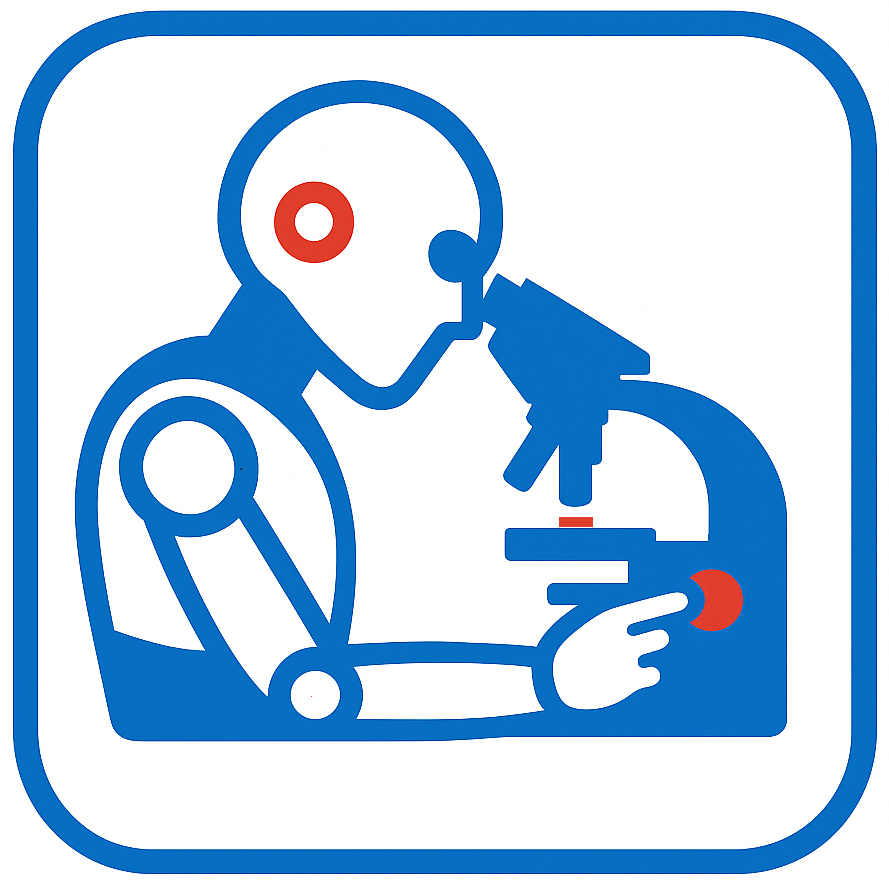

Creatinine is a waste product produced by your muscles and filtered out of the blood by your kidneys. A high creatinine level can signal reduced kidney function, dehydration, or temporary effects from diet and exercise. Because creatinine depends on muscle mass, athletes and men tend to have higher normal values than women or older adults.
Is slightly high creatinine serious?
A mildly elevated creatinine level can be temporary and related to hydration, diet, or muscle mass, but it can also be an early sign of reduced kidney function. Looking at trends over time, eGFR, and urine results helps your clinician decide how serious it is.
Can dehydration cause high creatinine?
Yes. When you are dehydrated, blood flow to the kidneys falls and creatinine (and often BUN) can rise. Levels frequently improve after adequate fluid intake and recovery from illness, but persistent elevation still needs medical review.
When should I worry about high creatinine?
Creatinine deserves closer attention if it rises quickly, remains high on repeat tests, is accompanied by a falling eGFR or abnormal urine findings, or comes with symptoms such as swelling, fatigue, or reduced urine output. In these situations, timely medical assessment is recommended.
⬐ Get Instant Lab Report Interpretation ⬎